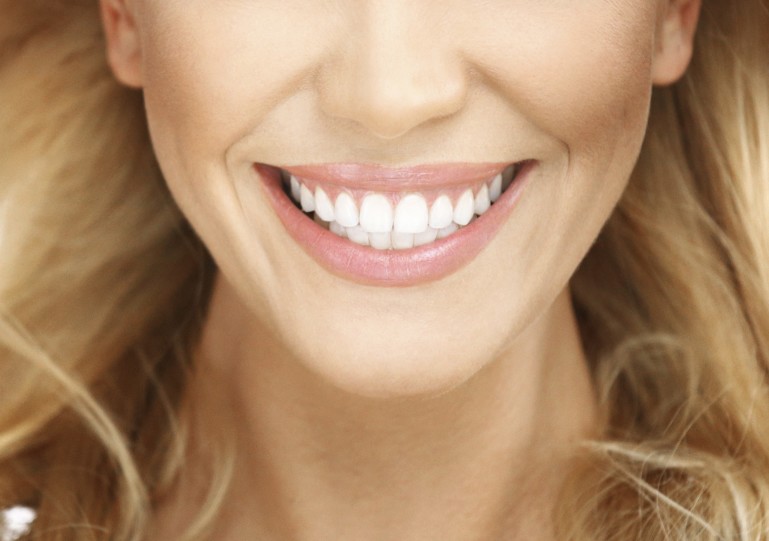With 120 million Americans missing one or more teeth, many are left with crowns, bridges or veneers. The best way to care for and maintain these dental restorations, however, has remained unclear—until now. The American College of Prosthodontists (ACP) is bringing some clarity to the situation with new recommendations. These updated clinical practice guidelines, featured in the Journal of Prosthodontics, aim to keep teeth healthy and strong through lifelong recall and maintenance. So what’s it all about? The new guidelines are actually simpler than you might think, recommending that patients with restorations visit their dentists at least every six months for clinical examinations to clean, adjust, repair or replace their restorations. The most significant detail is that they urge practitioners to educate patients on how best to care for restorations at home. If followed properly, the guidelines are expected to protect patients from doing permanent damage to their remaining teeth. This, in turn, will help them save their natural teeth for as long as possible. “In fact, a recent 17-year retrospective study has shown that the risk of dental implant failure rate is 90% less in patients who actively participate in a maintenance program as compared to patients who do not,” points out board certified prosthodontist Donald A. Curtis, DMD, FACP of UCSF School of Dentistry, who sees patients in his private practice in Berkeley, California and served as senior investigator. “The science is staggering.” For those who don’t know, prosthodontists are highly educated dentists who were selected after dental school to become a specialist. It takes three to four years of advanced residency training beyond traditional dental school to become a prosthodontist—a specialist in solving oral health issues such as replacing missing or broken teeth with implants, crowns, bridges or veneers. They’re also considered trailblazers in digital dentistry, cosmetic dentistry and oral health solutions. The good news is that patients can visit a prosthodontist without a referral. Local specialists can be found at www.GoToAPro.org. The new guidelines were instated after The ACP led a scientific panel of experts appointed by the American Dental Association. This included the Academy of General Dentistry, the American Dental Hygienists Association, and the ACP who all critically evaluated and debated findings from two comprehensive systematic reviews covering 10 years of research literature. The result? New guidelines that couldn’t have come at a better time. Until now, there have been no clear, evidence-based guidelines in place for dental professionals to help patients who have these types of restorations. The ultimate goal here is to enhance patient care and overall quality of life. More and more Americans are retaining their teeth, and the trend is expected to continue. Translation: A greater demand for preventive dental care strategies in the form of oral hygiene and, most importantly, professional dental care.
The new guidelines couldn’t have come at a better time according to Avinash Bidra, BDS, MS, FACP. “As people live longer, so do their dental restorations,” said Dr. Bidra. “No patient wants to go through the treatment, expense and process of getting a ‘new’ tooth again due to a lack of regular professional and at-home maintenance.” To maintain your teeth restorations or implant restorations at home, Prosthodontist Dr. Avinash Bidra summed up the guidelines to UConn Today in six simple steps:
He adds two additional tips that are important to overall health: The best trick to avoid do-it-again dentistry? Follow the above at-home care tips and ask your prosthodontist about their recommendations for a personalized follow up care schedule that’s right for you.
Have dental restorations? If so, you’re going to want to read this

iStock
To find your local prosthodontist, visit GoToAPro.org and simply type in your local zip code. To learn more about the guidelines, visit here: http://onlinelibrary.wiley.com/doi/10.1111/jopr.2015.25.issue-S1/issuetoc


















